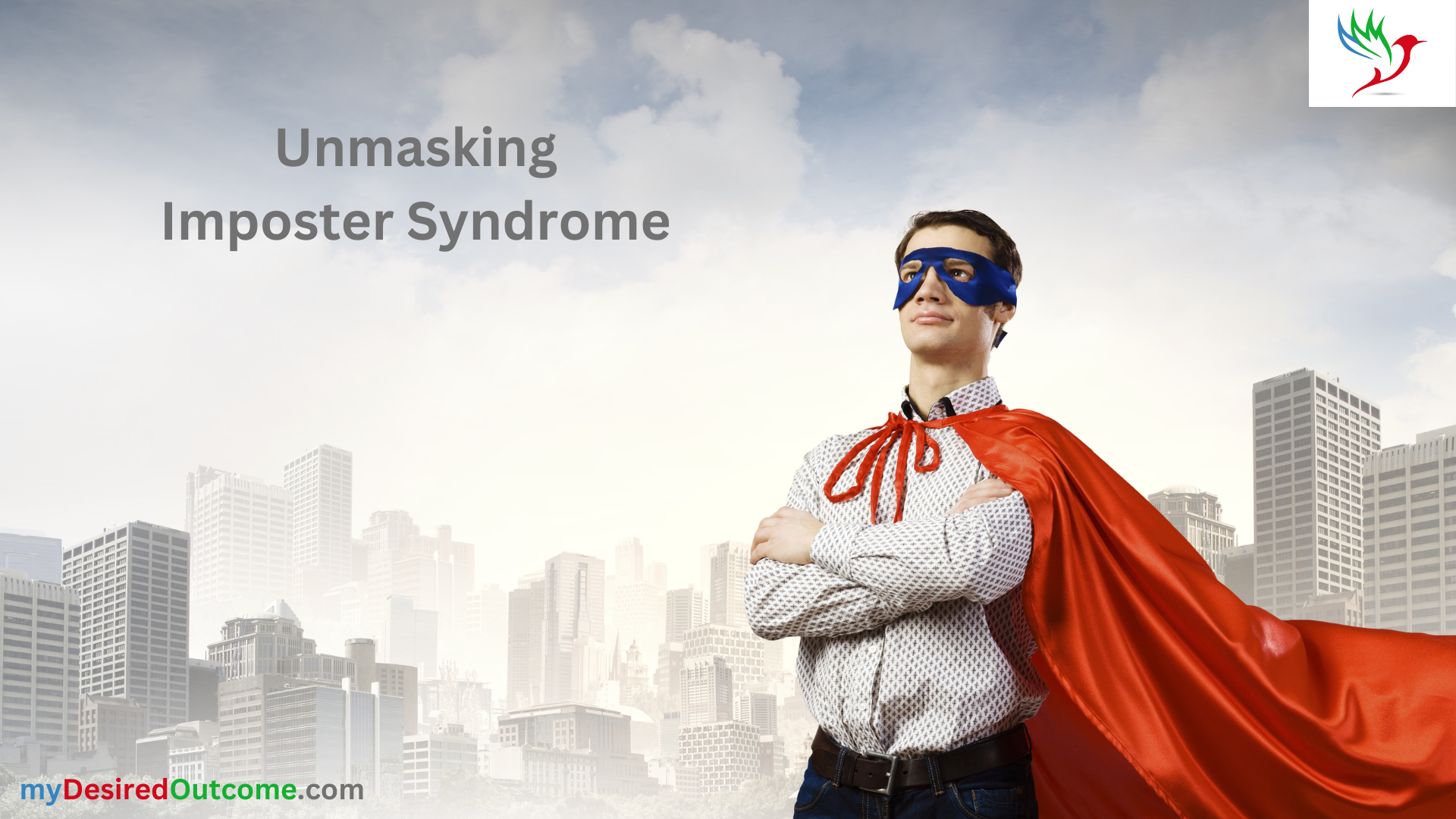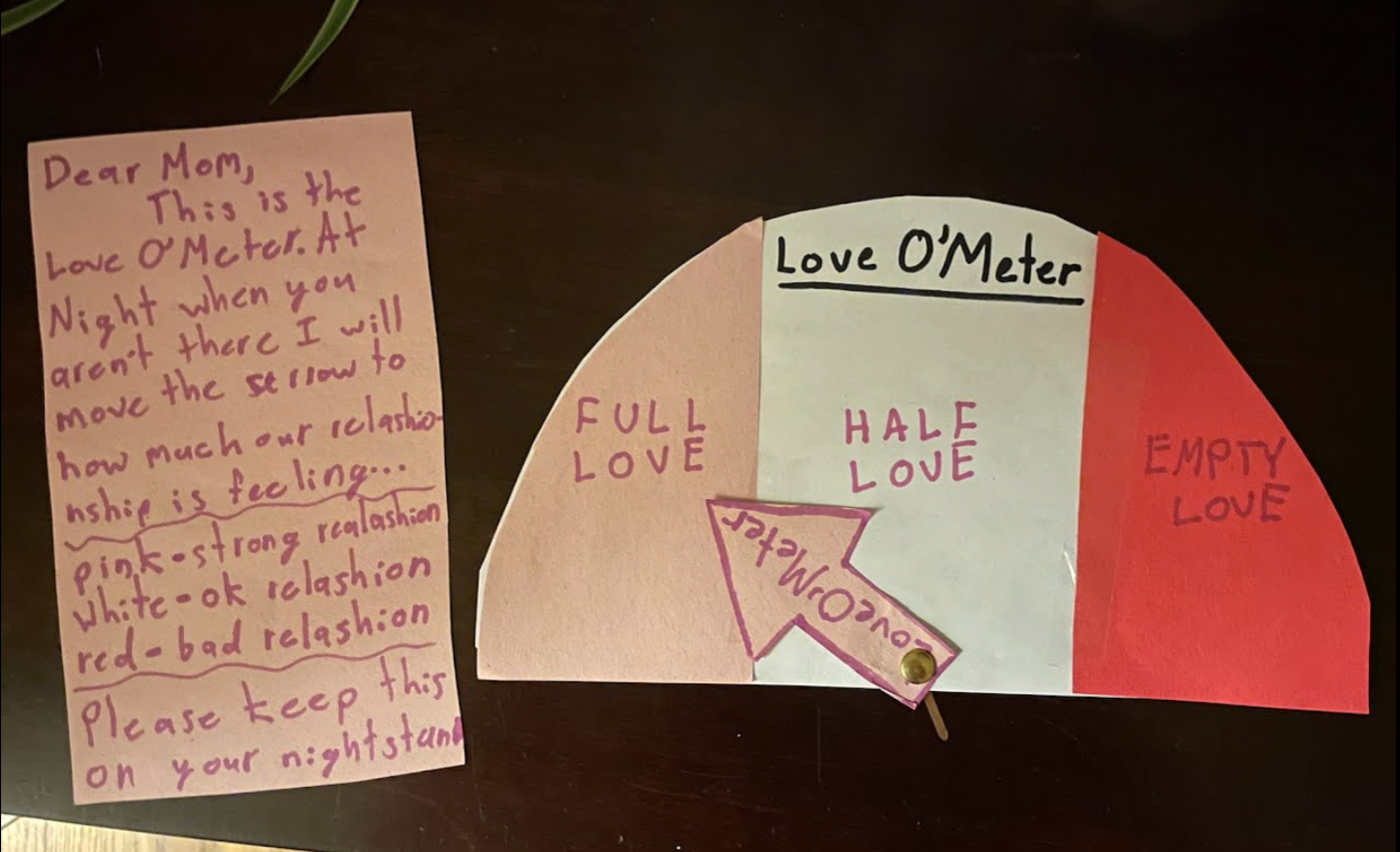Unmasking Imposter Syndrome
All you need to know about Imposter Syndrome


Understanding the Hidden Triggers
In his article "All About Imposter Syndrome" Erin Michel indicates that Imposter syndrome is intricately complex due to its exploitation of inherent human biases that foster self-doubt and undermine self-confidence. It primarily involves three psychological biases:
- Negativity Bias: This bias causes individuals to focus more on negative aspects of experiences than positive ones. For example, a person might fixate on a single piece of criticism amidst overwhelming praise, enhancing feelings of inadequacy and fraudulence.
- Attribution Errors: Often, individuals attribute their own successes to external factors like luck, while attributing others' successes to innate talent or effort. This misattribution can reinforce feelings of being less competent or deserving than peers.
- Confirmation Bias: This involves selectively noticing and remembering information that confirms one’s pre-existing beliefs. In the context of imposter syndrome, if someone believes they are not truly qualified, they will likely focus on any evidence that supports this belief, overlooking contrary evidence.
These biases contribute to the challenging nature of overcoming imposter syndrome by distorting one’s perception of reality and reinforcing deep-seated insecurities.
Breaking the Cycle: Strategies for Professionals
Here are some strategies I've learned both from personal experience and from my work as an NLP coach that can help manage feelings of imposter syndrome:
- Acknowledge Your Feelings: Start by recognizing that what you’re feeling is a common psychological experience and not a reflection of your true capabilities.
- Embrace Community and Peer Support: Sharing experiences can validate feelings and reduce the isolation imposter syndrome often brings. Don’t isolate yourself; share your thoughts with someone you trust within your organization. You’d be surprised how many people feel the same way and can offer support and guidance.
- Document Your Achievements: Maintain a record of your successes and positive feedback. This can serve as a tangible reminder of your capabilities when doubts creep in.
- Focus on Your Growth: Instead of fearing tasks outside your current expertise, view them as opportunities to learn and grow.
- Seek Professional guidance as needed: If imposter syndrome is severely impacting your life, consider seeking help from a coach who can help you address this issue.
Strategies for Corporations
Corporations play a crucial role in mitigating the effects of imposter syndrome by fostering an inclusive and supportive work environment. Here are a few ideas:
- Develop Mentorship Programs: Pairing less experienced employees with seasoned mentors can provide support and reduce feelings of isolation.
- Promote a Culture of Open Communication: Encouraging employees to share their thoughts and feelings can help dispel the myths of imposter syndrome.
- Implement Regular Training and Development: Workshops on self-esteem and competence can empower employees to recognize and challenge their imposter syndrome.
Unmask and lead with confidence
This Halloween, let’s challenge ourselves to confront and peel away the masks of imposter syndrome. By fostering an environment of support and understanding, both at a personal and corporate level, we can transform the haunting fears of inadequacy into a celebration of genuine talent and success.
🌟 Have a spooky, empowering, and truly transformative Halloween! 🌟
#Leadership #PersonalDevelopment #ImposterSyndrome #Authenticity #Halloween
About Michal (Michelle) Guelfand
Michelle Guelfand is the founder and CEO of myDesiredOutcome, offering results-oriented online NLP coaching, lectures & workshops to professionals in Silicon Valley, CA and across the US. With an MBA and over 14 years of experience navigating the demanding world of Tech along with parenting challenges, Michelle understands the unique pressures faced by high-achieving professionals. And now, with over 12 years of experience in Neuro-Linguistic Programming (NLP), hypnotherapy and positive psychology, Michelle has helped countless professionals unlock their potential and achieve breakthroughs in career, life, and well-being worldwide in a quick, and effective manner.
Professional that are either craving the confidence to apply for your next role;
feeling stuck, frustrated, or burnt-out despite their success, or longing for work-life balance and inner peace-
>>> Take back control, Lead your life and Schedule a free 20min call and I’ll be happy to see how I can be of help. https://calendly.com/mydesiredoutcome/20min
Managers wanting to empower their team-
>>> Schedule a time to discuss a tailored lecture or workshop for your organization.











